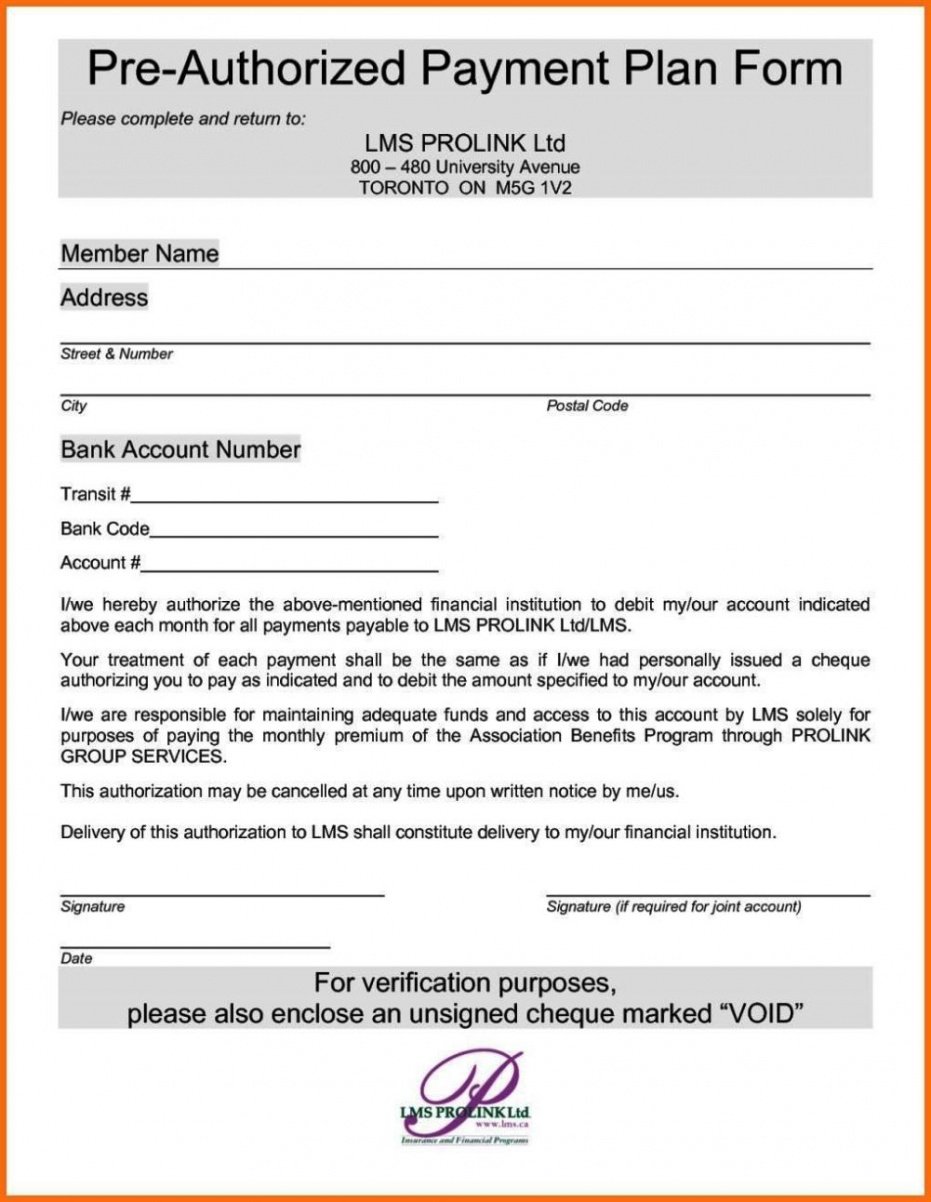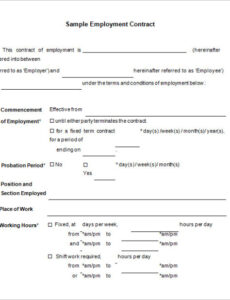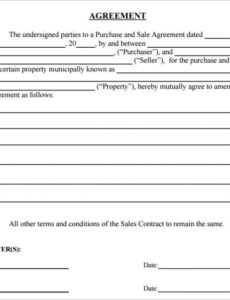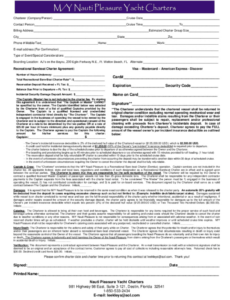Simple payment contract template, Deal laws are extremely essential in modern times, with an increasing number of people and companies entering into arrangements with each other for various functions. Contract law, to set in simple words, is a law that governs contracts. Contract law may assume many forms. It may be for example something written on a sheet of paper or it may be a verbal arrangement, in case it were to meet the statute of frauds.
Generally speaking, a contract is an arrangement between two or more individuals, which creates an obligation to do or not do a thing. The arrangement comes together with a list of rights and duties, bounding on the parties involved. In the event the arrangement has to be broken, there are provisions in the law for remedies. Contract laws protect both the legal aspects and implications caused by the law. Contract laws decide whether a contract is legally competent. They also deal with other associated matters like whether there were fraudulent steps involved or using processes which define the way the contract has been terminated.

This isn’t the first book I would recommend or seem to for the novice attempting to draft a contract, nor will this publication have sample contracts or types to numerous conditions. What this book does contain is a alphabetical list of just about anything you can think about involving contracts. It’s only a contract encyclopedia. (While it has definitions such as a dictionary at times, the entries tend to be more like an encyclopedia than dictionary)
Apart from the definitions, the publication also has examples of contract provisions, sample contracts, and sample clauses that you may insert into contracts you’re drafting. In some regions, Stim provides a tiny bit of additional information, such as the seven pages online negotiation. Obviously, there’s a lot more to discussion, you can fill reserve shelves with books on this subject, but it’s wonderful to have a bit aimed at contract negotiation.
Many law firms, especially small law firms, find using contract attorneys for quite a fantastic means to keep flexibility and expand their law firm without hiring in-house, midsize lawyers. Firms are legally allowed to bring a sensible surcharge into the fees of their customary attorneys. In a slowing market, the usage of contract attorneys helps give companies a competitive advantage, decreasing costs while increasing efficiency. As contract law becomes a bigger sector of law enforcement industry, attorney agencies are becoming more varied. These are essentially companies that find jobs for attorneys to perform and require a small fee for their services. Some companies who employ contract lawyers prefer to go through these agencies because they (the agencies) need a certain caliber and professionalism from the attorneys that they represent.







